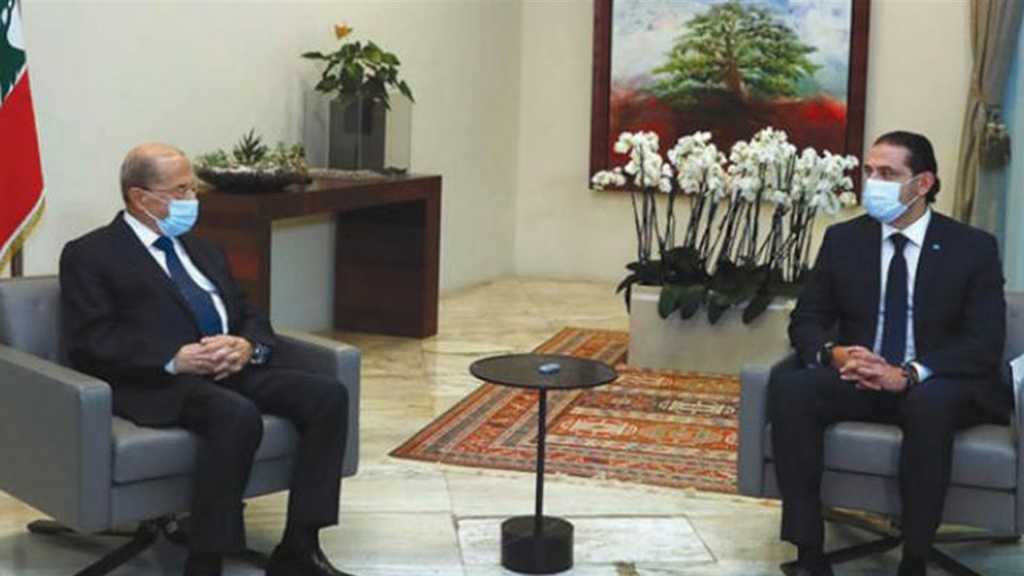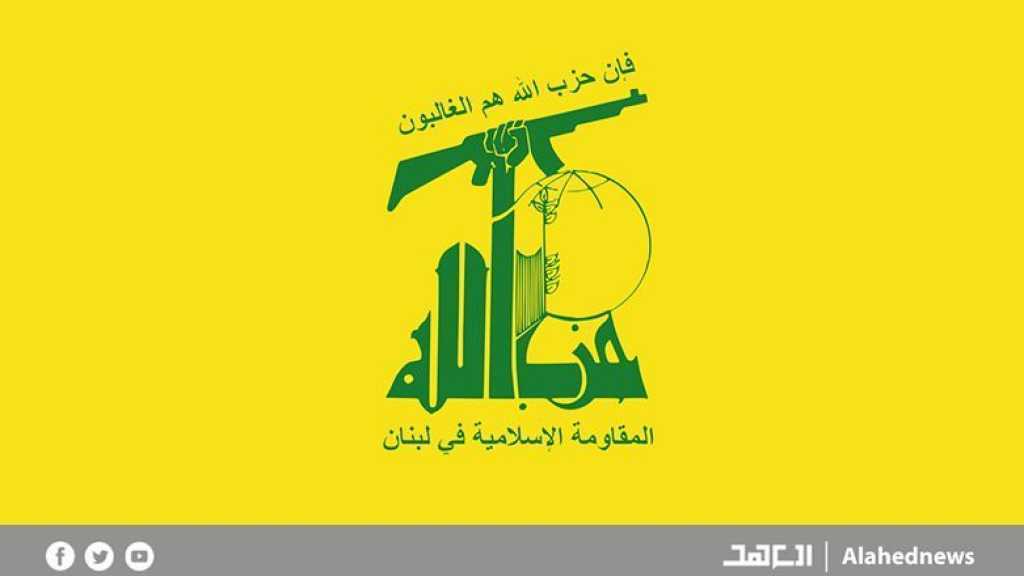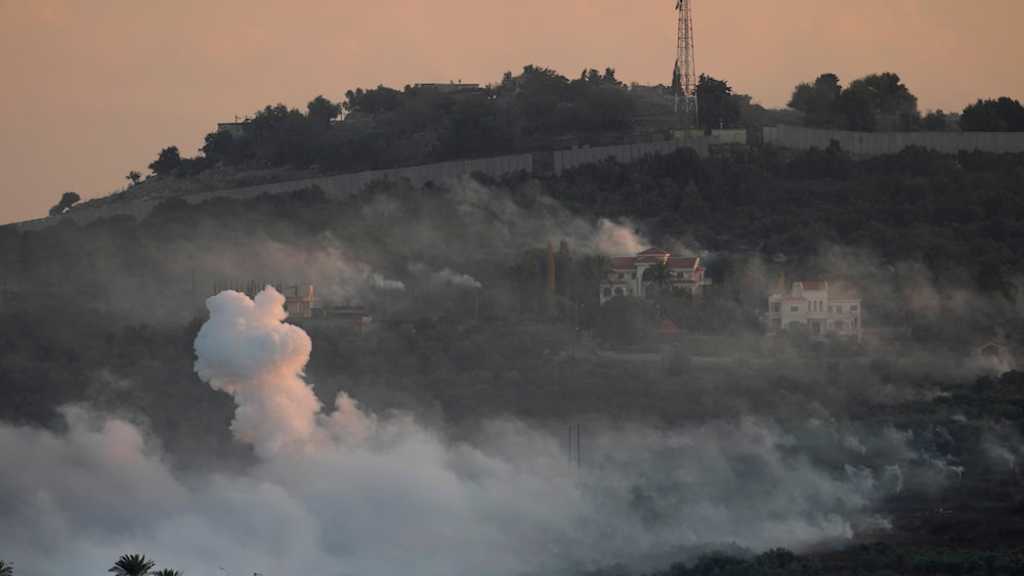
No Breakthrough in Lebanon Gov’t Formation after President, PM-Designate Meet

By Staff, Agencies
A much-anticipated meeting between Lebanon's President Michel Aoun and Prime Minister-designate Saad Hariri to discuss the formation of a new government and end a high-level political standoff in the cash-strapped Arab country has failed to achieve any breakthrough.
Hariri, designated acting prime minister in October, said after meeting with Aoun in Baabda Palace on Monday that the president sent him his own cabinet lineup the previous night, which he did not approve on grounds that it was unconstitutional for a Lebanese president to form a government.
Hariri added that Aoun had insisted on a blocking majority in government for his political allies.
“Regrettably ... it [lineup] includes a blocking third for his [Aoun] camp,” he commented.
Aoun sent a list suggesting different scenarios for a cabinet of either 18, 20 or 22 ministers, with names to be filled in, Hariri said.
A presidency spokesman said later on Monday that Aoun was "surprised" by Hariri’s remarks that the 86-year-old Lebanese leader had insisted on a blocking majority in a new government.
“Any comments by the prime minister-designate that it is not up to the president to form [a cabinet] ... are unacceptable,” the spokesman said.
The leaders have frequently traded blame for the government formation delay, with Aoun calling on Hariri to step down if he is incapable of immediately forming a government suitable for all parties. Political pundits are skeptical the two would clinch a deal.
Last week, UN humanitarian coordinator Najat Rochdi denounced the performance of Lebanese officials.
“Lebanese authorities should act urgently to halt the deepening crisis and ensure good governance,” he told the Security Council.
A French diplomat said March 17 that France and its international partners will seek to ramp up pressure on Lebanese politicians in the coming months.
The government of former Lebanese Prime Minister, Hassan Diab, resigned in the wake of a massive explosion at Beirut port on August 4 last year, which ravaged the heart of residential areas and the city’s vibrant commercial district.
More than 200 people were killed and over 6,000 others injured in the giant blast. Dozens of people are still unaccounted for.
The Lebanese pound has crashed steeply in recent weeks, losing one-third of its value.
The currency's value has sunk by 90 percent in the country’s worst crisis since the 1975-90 civil war.
Accelerating economic crisis in Lebanon has plunged many into poverty and sounded alarm as the central bank’s foreign reserves are dwindling in a country dependent on imports of more than 80 percent of its basic needs.
Moreover, Lebanon is gripped by a surge in coronavirus infections and pressure on the health sector.
Comments
- Related News

Hezbollah Mourns Martyr Hussein Nimer Masarrah
3 months ago

